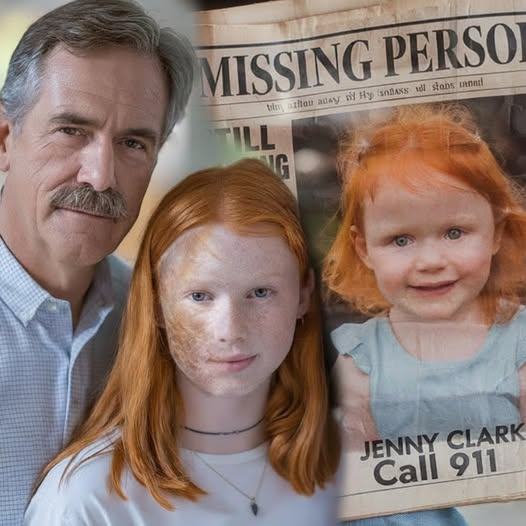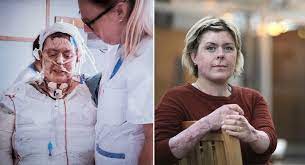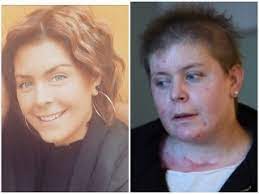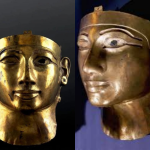The girl believed her parents when they told her

The girl believed her parents when they told her that the scar on her face was the result of a childhood house fire. But it wasn’t until she turned twelve that she discovered the truth they had been hiding….Emily Carter had grown up with a scar running down the left side of her face, from the corner of her eyebrow to the curve of her cheek. It was faint now, softened by time, but still unmistakable. Strangers looked twice. Kids at school whispered or stared. And whenever someone asked, her parents gave the same answer: “It happened when she was just a baby, during the fire.”

Emily had been too young to remember that fire, supposedly a blaze that destroyed the family’s first home in a suburb of Dallas, Texas. Her father would shake his head and mutter about “faulty wiring.” Her mother would change the subject quickly, reassuring Emily that she was lucky to have survived at all. The story was told so often it became a part of Emily’s identity: she was the girl who had lived through fire.

But the truth of that scar—and of Emily’s childhood—was something her parents had buried so deeply that it wouldn’t resurface until years later.
By the time Emily turned twelve, she was already different from the children around her. She was smart, observant, and unwilling to swallow easy explanations. She liked puzzles and mysteries, anything that required piecing together details that didn’t quite add up. Maybe that was why the inconsistencies began to gnaw at her.

Her memories of their “first house” were nonexistent, which made sense since she’d been so young—but then why were there no photographs? Every family photo album began only after she was four. Every framed picture on the wall showed her smiling in parks, schools, and birthday parties, but never at home before then.
When she once asked about it, her mother stiffened, saying only, “We lost everything in the fire.”
Still, Emily noticed details. The scar wasn’t shaped like a burn. She had seen pictures of burn survivors in her health class—skin warped and blistered, uneven in tone. Her scar was too clean, too sharp, almost like it had been cut into her flesh. But whenever she pushed the thought away, her father’s voice echoed back: “You were too little to understand, Em. Just trust us.”

Trust was easy when you were six. At twelve, it wasn’t.
The revelation that would tear open everything came one rainy afternoon in October, when Emily wandered into the attic to search for old board games. There, under a stack of boxes labeled Christmas, she found something her parents had meant for her never to see: a battered manila folder, stuffed with photographs, police reports, and a hospital discharge paper that did not mention a fire at all.
It mentioned something else entirely.











